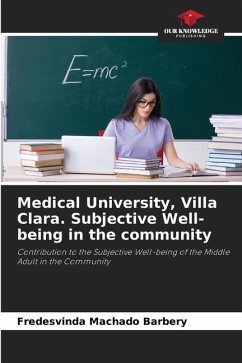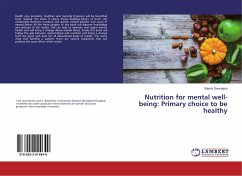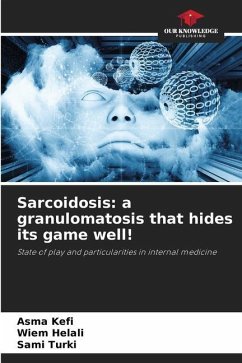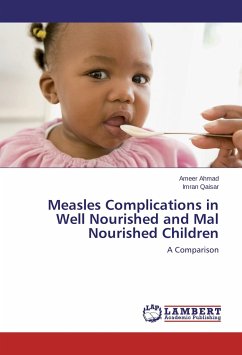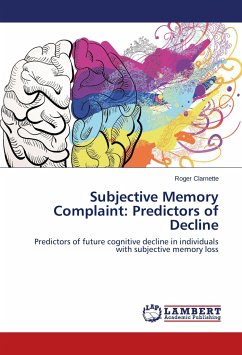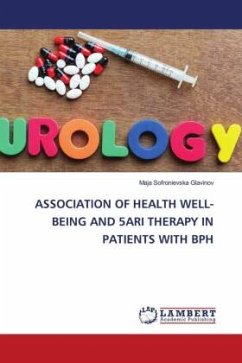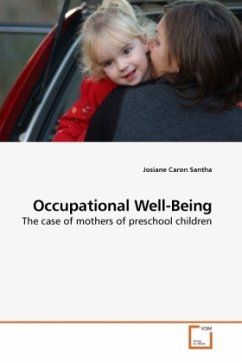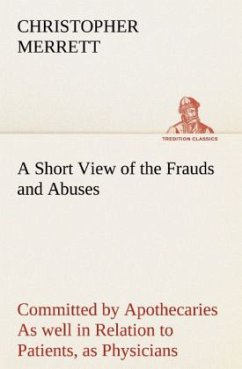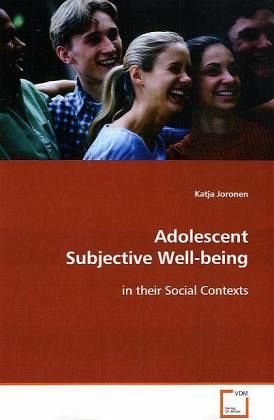
Adolescent Subjective Well-being
in their Social Contexts
Versandkostenfrei!
Versandfertig in 6-10 Tagen
39,99 €
inkl. MwSt.

PAYBACK Punkte
20 °P sammeln!
A great deal of scientific and lay interest inadolescence exists at the moment in Westerncountries. While adolescent problems and ill-beingcontinuously receive publicity in the media,resources and well-being of adolescents do not seemto be a current topic of interest. Previous studiesno doubt revealed a constant upward trend in or atleast a considerable presence of adolescentill-being, such as smoking and drinking habits, drugabuse, perceived stress, psychosomatic symptoms, andmental disorders. There is also an increasing trendto attribute reasons and responsibility foradolescent behaviour and...
A great deal of scientific and lay interest inadolescence exists at the moment in Westerncountries. While adolescent problems and ill-beingcontinuously receive publicity in the media,resources and well-being of adolescents do not seemto be a current topic of interest. Previous studiesno doubt revealed a constant upward trend in or atleast a considerable presence of adolescentill-being, such as smoking and drinking habits, drugabuse, perceived stress, psychosomatic symptoms, andmental disorders. There is also an increasing trendto attribute reasons and responsibility foradolescent behaviour and problems. Several studyresults highlight the importance of a closerelationship with parents or a significant adult, andpeer relationships as well as school satisfaction foradolescent development and well-being. This bookprovides new knowledge of the intense and complexrelations between adolescent subjective well-being,values, school and family. The study findings providea basis for the assessment of adolescent subjectivewell-being and realised values and for understandingthe diversity of personal, familial and socialwell-being in adolescence.



